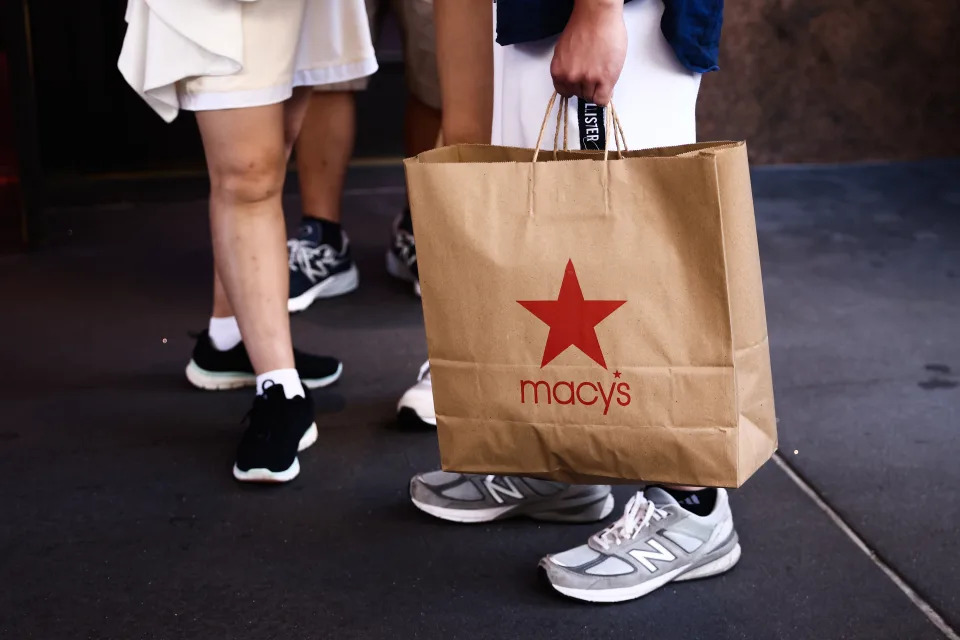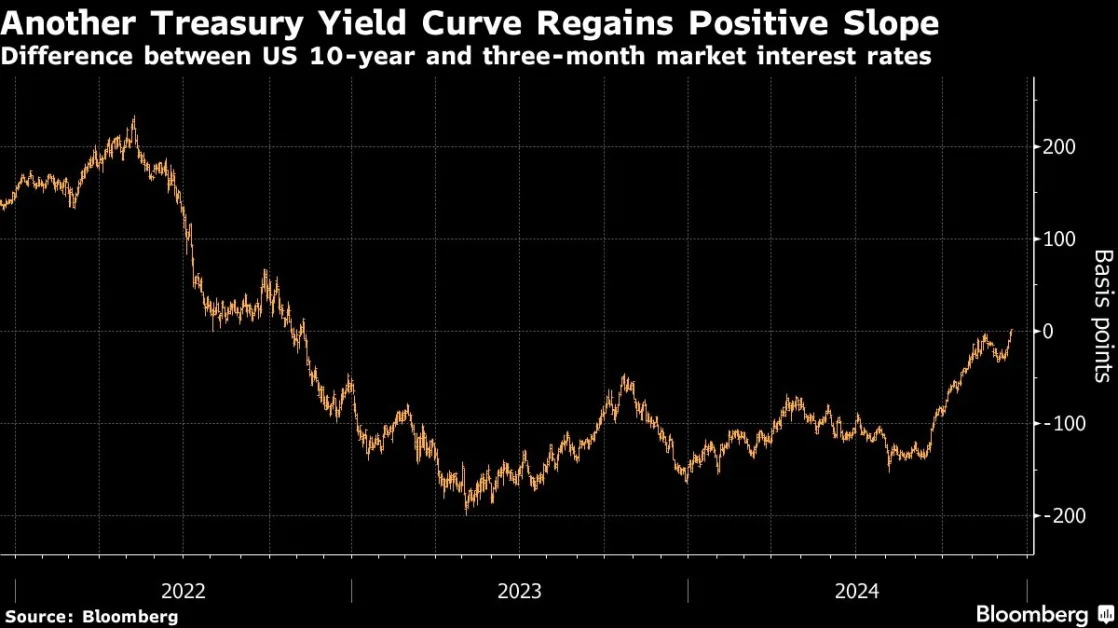During a press conference at Korea Blockchain Week 2024 in Seoul, fintech firm Ripple Labs' CEO Brad Garlinghouse predicted the ouster of U.S. Securities and Exchange Commission (SEC) Chair Gary Gensler, whatever the outcome of the looming presidential election.
According to a report in the Korean Herald , Garlinghouse said he would “make a gentleman’s bet” that Gensler’s tenure would not continue, regardless of who takes the White House in November.
San-Francisco-based Ripple has been embroiled in a legal battle with the SEC since 2020, when the regulator hit the firm with a $1.3 billion lawsuit , accusing it of selling unregistered securities in the form of XRP.
Last month, a New York court ordered Ripple to pay a $125 million fine in its lawsuit with the SEC. The ruling fell far short of the $2 billion the SEC had originally demanded in the long-standing legal fight.
Crypto to “become more bipartisan”
During the press conference, Garlinghouse addressed U.S. crypto policy in the context of the November election, arguing that, "Technology should bridge political divides […] and I anticipate it will become more bipartisan as the election moves forward."
He noted that while Republicans have taken a more positive stance toward cryptocurrency, several leading Democrats also view these technologies as key to maintaining the US's leadership in tech.
Ripple in Asia
The firm announced an academic partnership with Korea's Yonsei University Tuesday, the 58th member of its University Blockchain Research Initiative (UBRI) and the 12th from the Asia-Pacific region.
Garlinghouse said that Ripple plans to strengthen its Asian footprint, noting that, "The majority of all XRP held on exchanges worldwide is in Korea and Japan."
Speaking at the press conference, Ripple President Monica Long said that crypto adoption will be driven by “institutional players who will need a place to store these crypto assets."
Long pointed to Korean institutions as key partners, highlighting the entry of Hana Bank and Shinhan Bank into the crypto custody sector.
She added that Korea's Financial Services Commission (FSC) is considering updated regulations that could allow banks to make payments using blockchain, which is currently restricted. Long anticipated increased collaboration with banks once the new guidelines are introduced.





